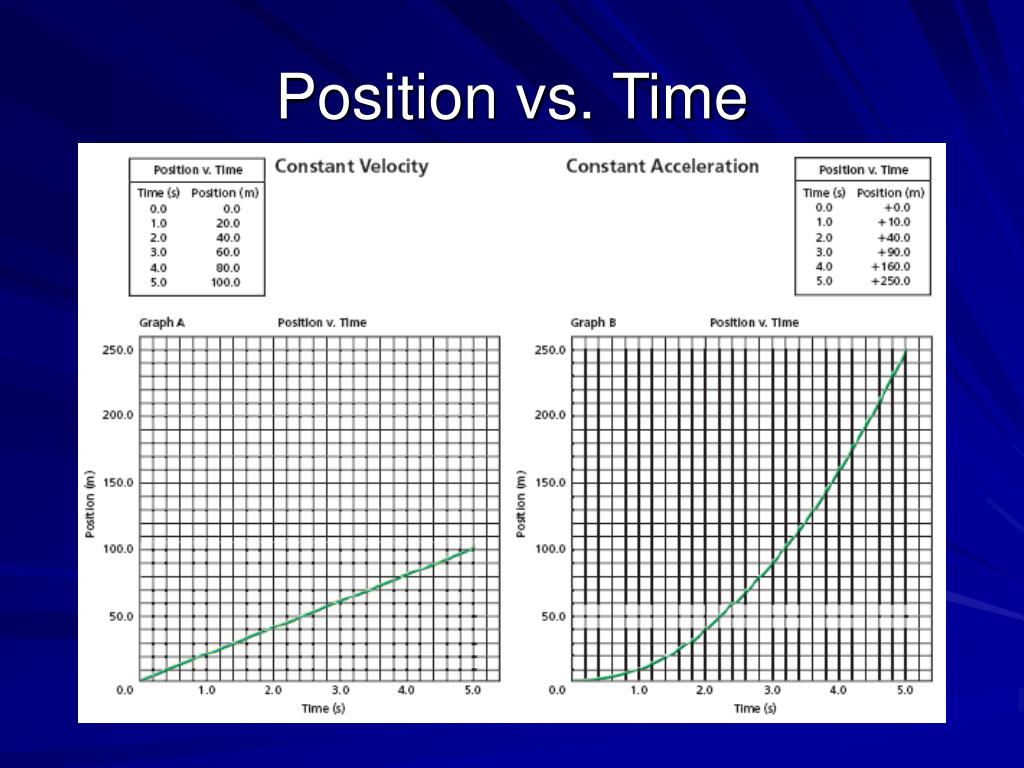
Is It “Just In Time” Or “Just On Time”?įinally, there are a few specific sayings that come up when using prepositions. These synonyms work well for both “In time” and “on time.” Whether you want to say you completed a task with time to spare or whether it was right on schedule, you can use any of the above to do exactly that. With these, you might find that you don’t have to worry too much about the preposition usage and can focus on your meaning instead.

If you’re struggling with the differences between the two words, perhaps one of these synonyms will help you out. It works well to show that we’ve met our deadlines right on schedule or that a train has arrived exactly when we’ve expected it to. “On time” means that something happened exactly when it was expected to.
Utime vs time how to#
Examples Of How To Use “On Time” In A Sentence We use it when we complete something to make time for something else. “In time” is best when we want to talk about saving some time because of how efficient we were with a task or deadline.

Utime vs time tv#

That way, you might have a better grasp of which one most native speakers are comfortable using themselves.Īccording to this graph, “in time” is the most popular choice of the two. It might help you to know which of the two phrases is more common.

Utime vs time full#
If we are given thirty minutes, we make use of the full thirty minutes before completing the task. We usually complete a task in the time expected of us, and the task is delivered right on schedule. On the other hand, “on time” is more specific and rigorous. If we expect something to take us thirty minutes, an “in time” effort will be anything less than that. Generally, “in time” is more lenient, allowing us to complete a task or expect something within a given deadline. You should use “on time” when you accomplish something exactly as expected or on schedule. It can also mean that there’s time remaining to complete something else. You should use “in time” when completing a task within an allotted time frame or before a deadline is hit. What Is The Difference Between “In Time” And “On Time”? Both phrases only have one word that differs, but they have a subtle meaning difference, and this article will explore what that is. Take “in time” and “on time,” for example. Prepositions have a habit of changing the meanings of words and phrases slightly.


 0 kommentar(er)
0 kommentar(er)
